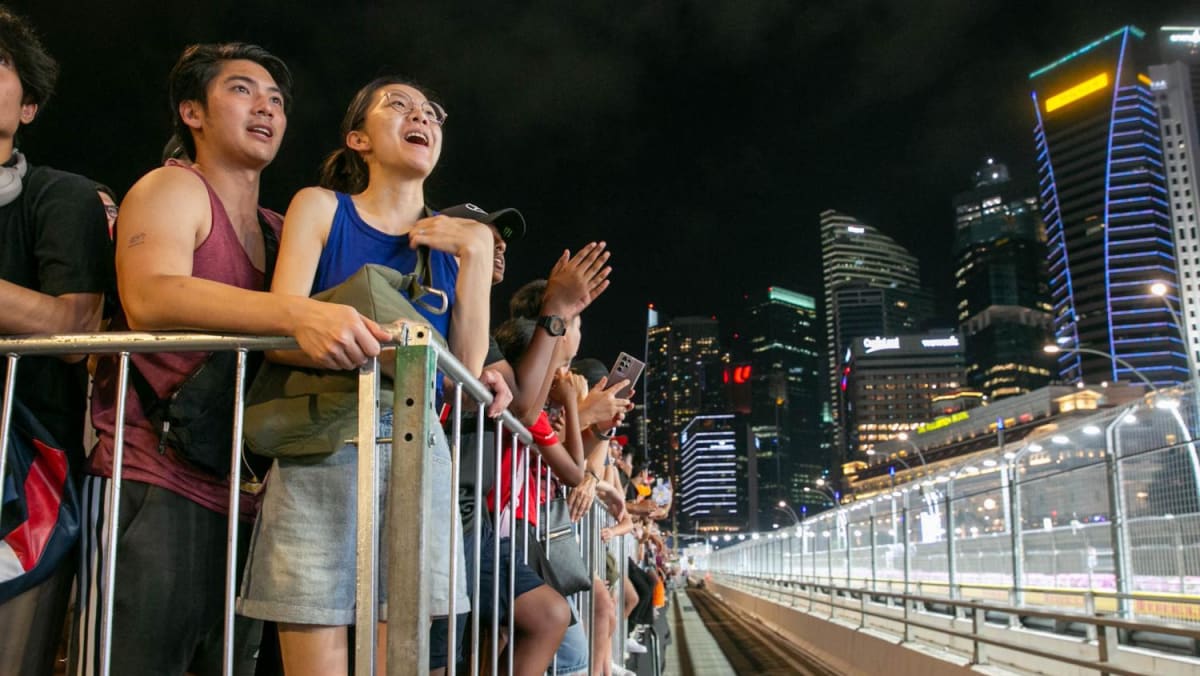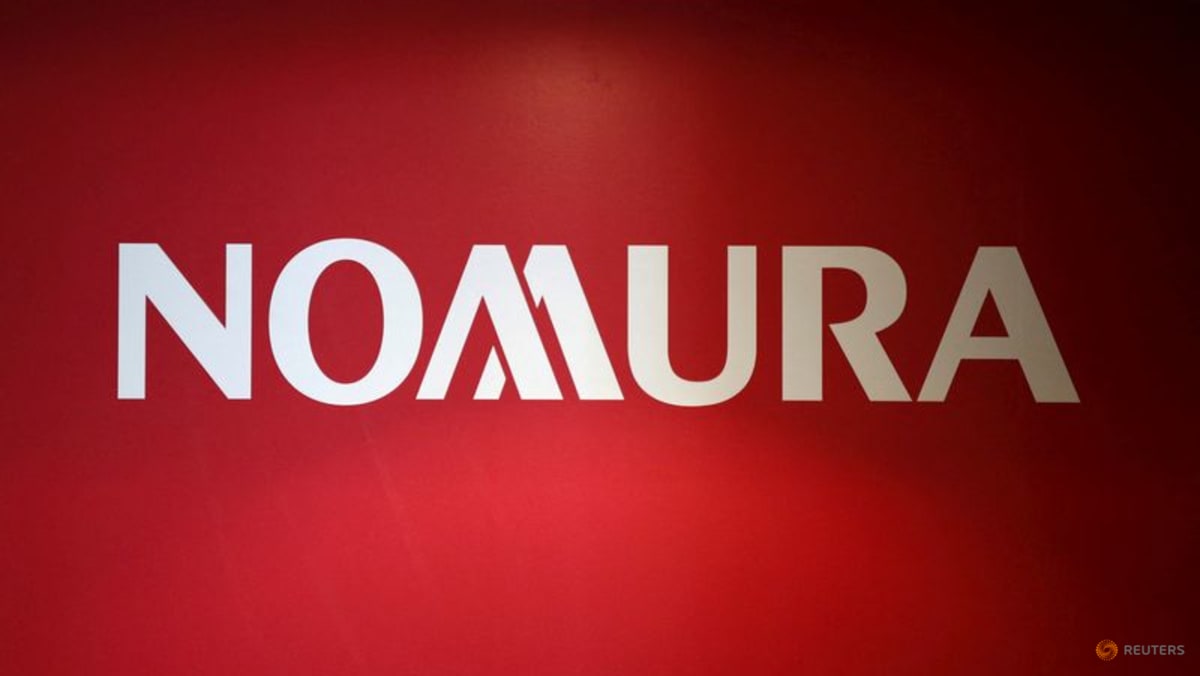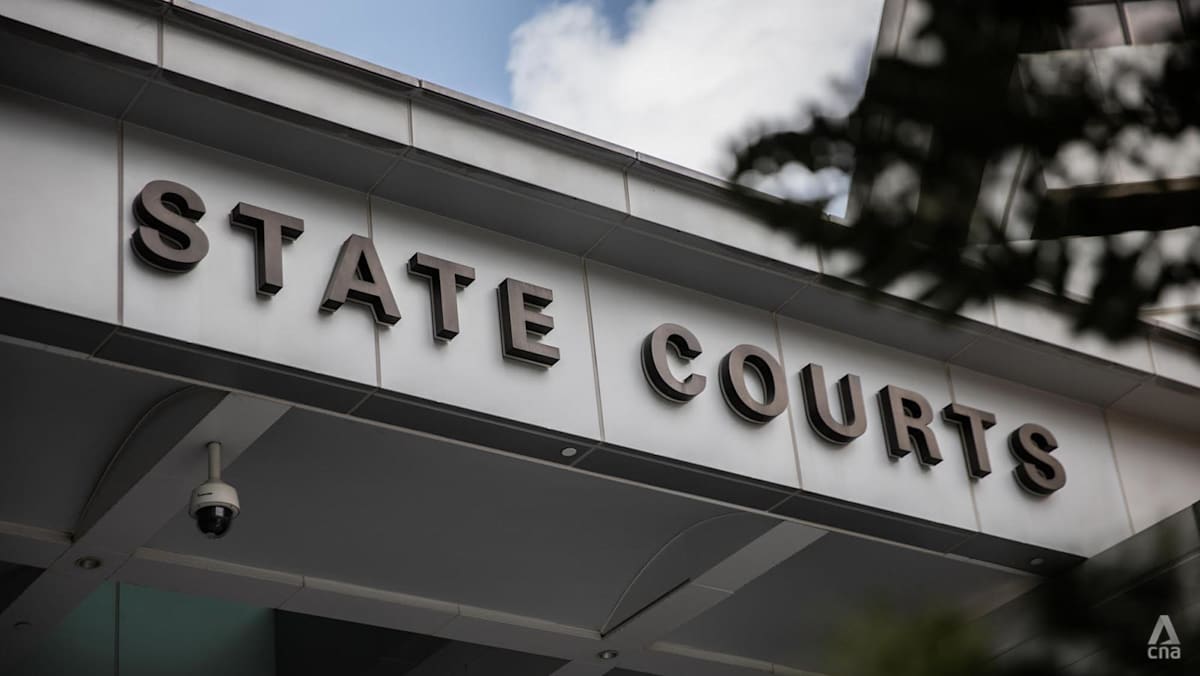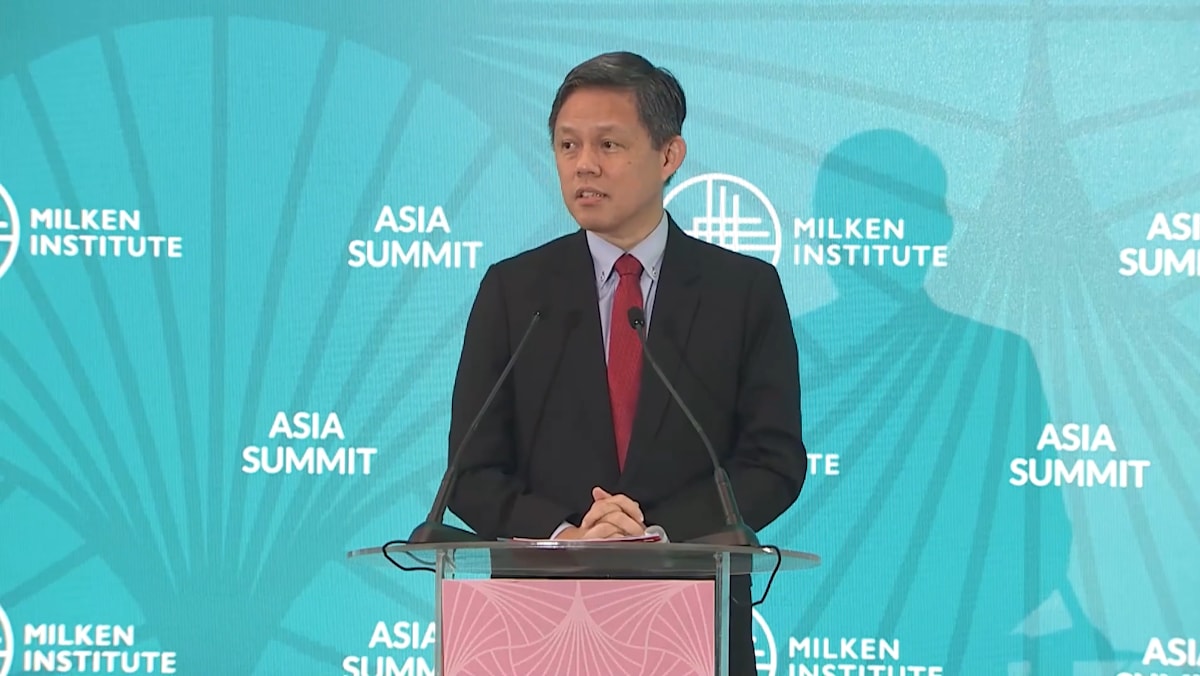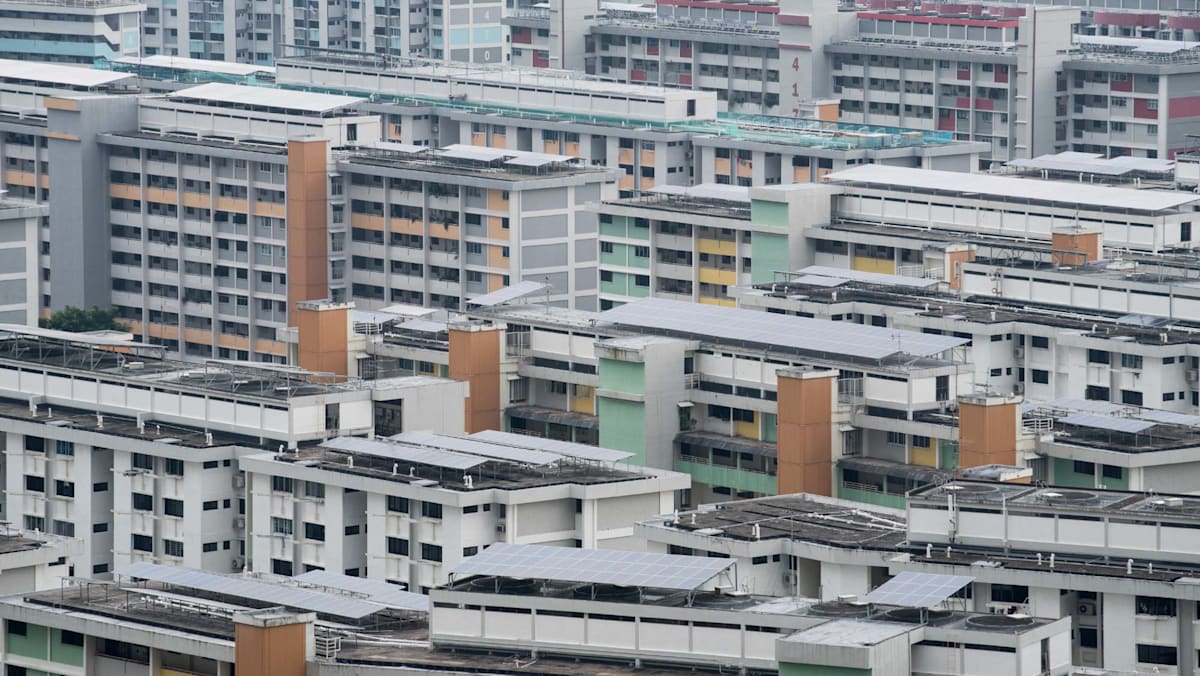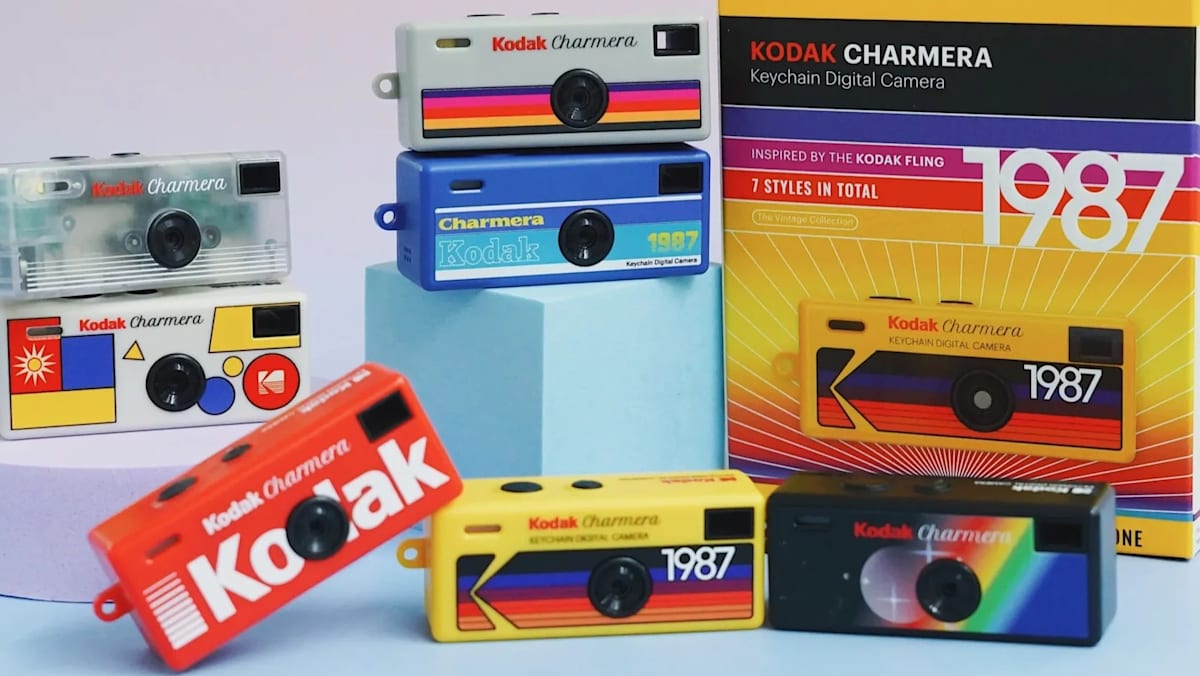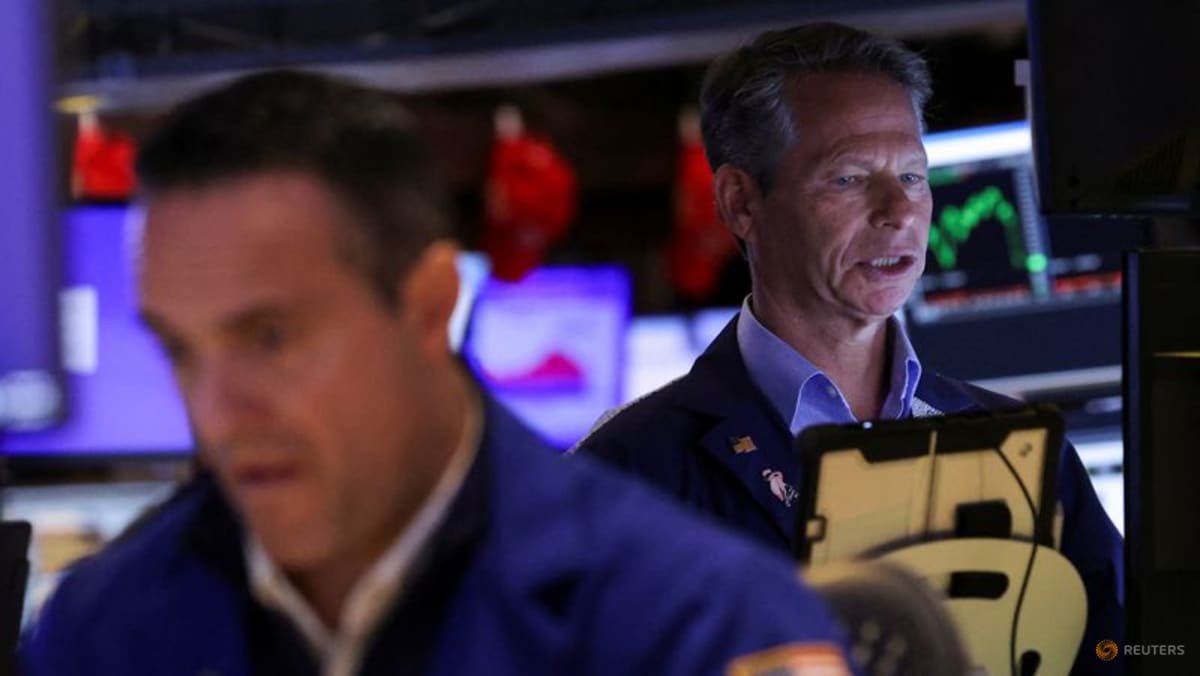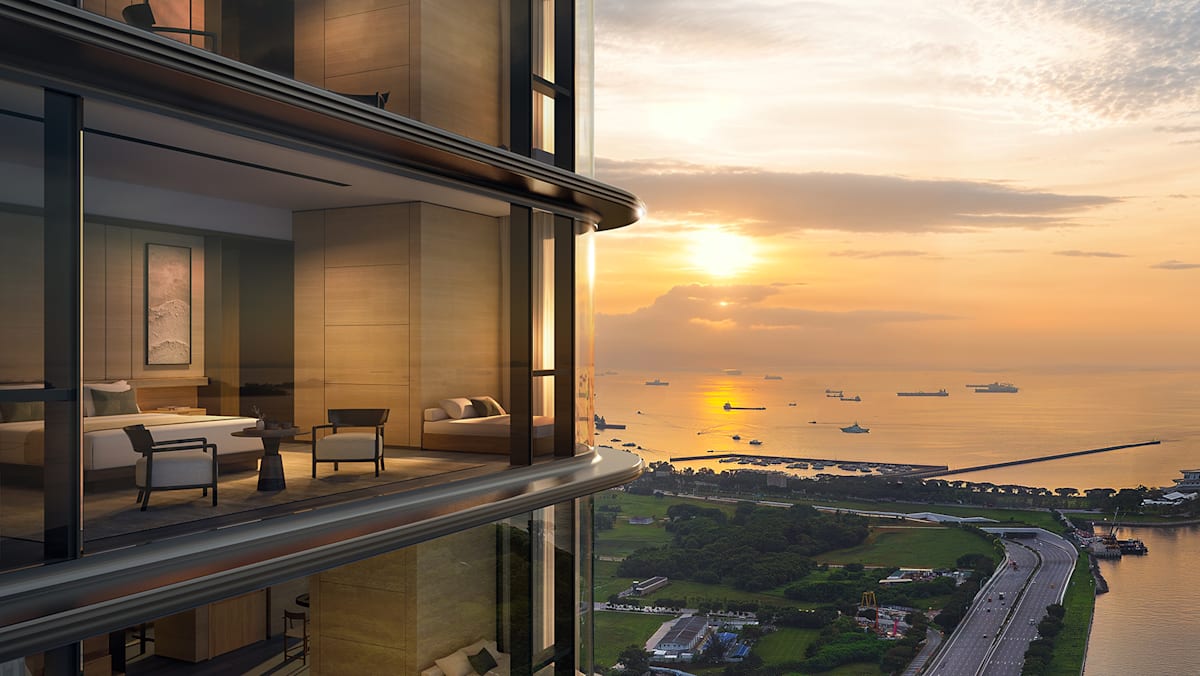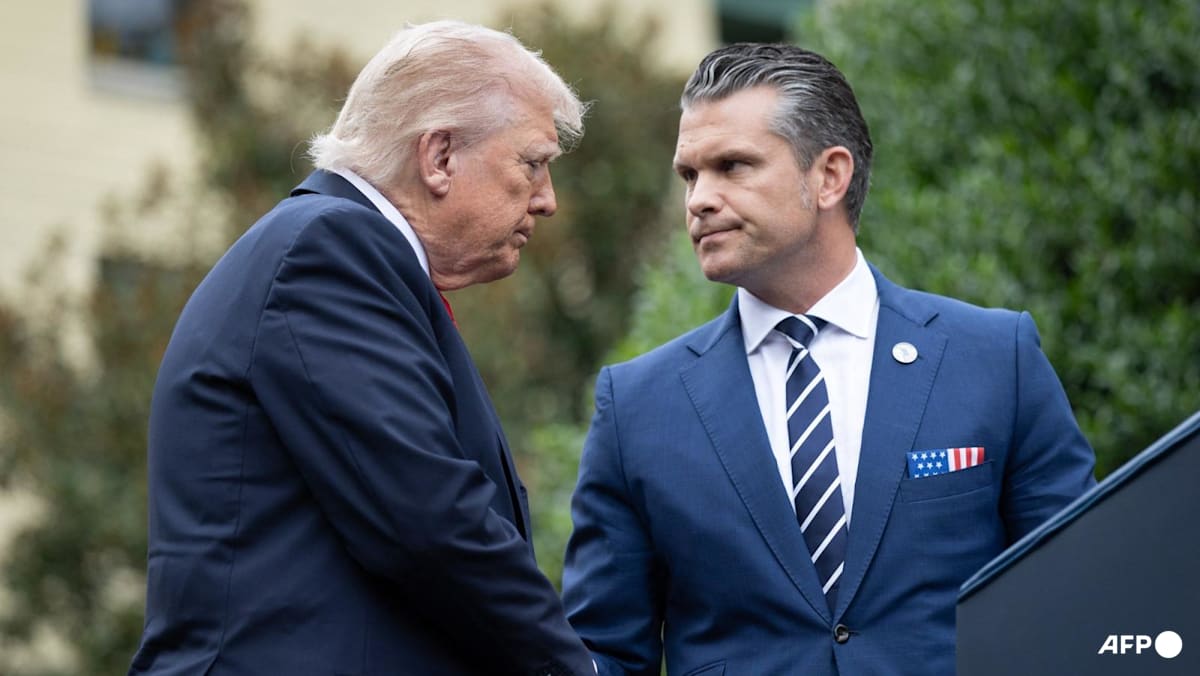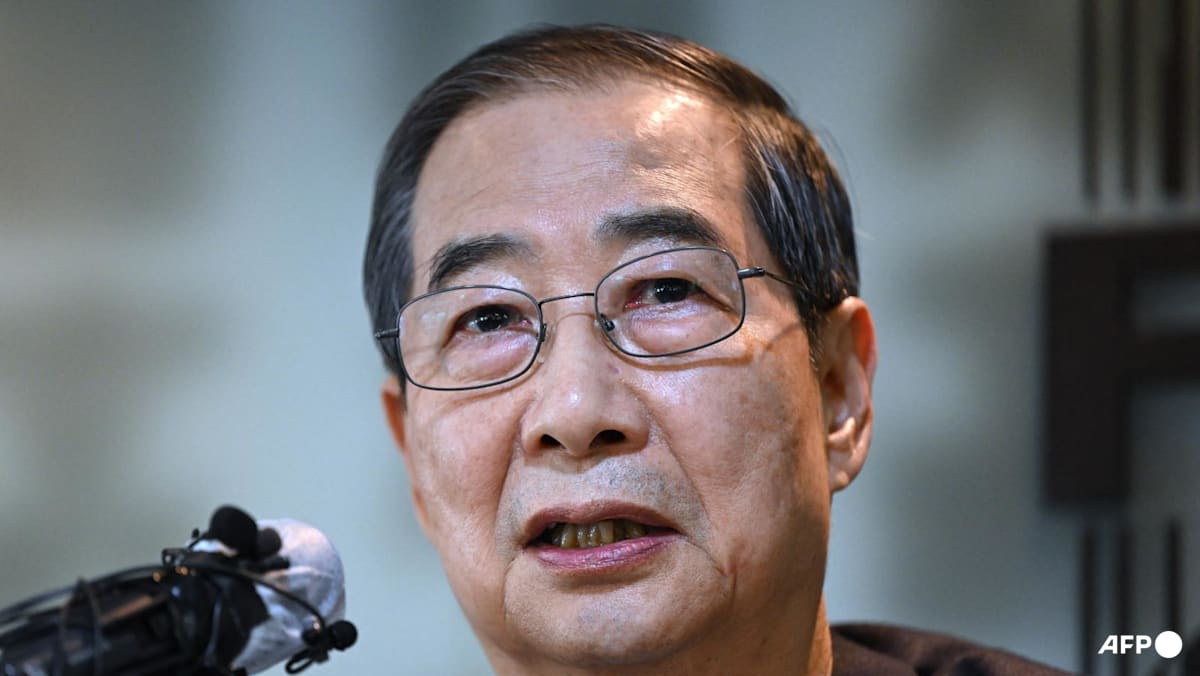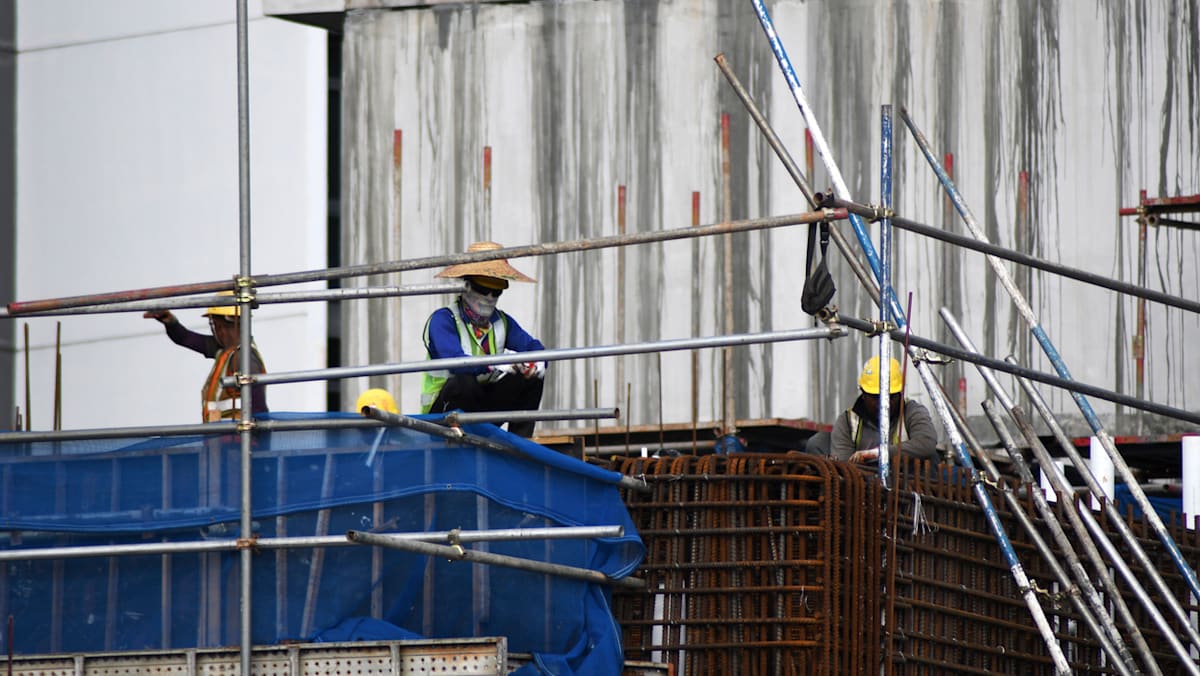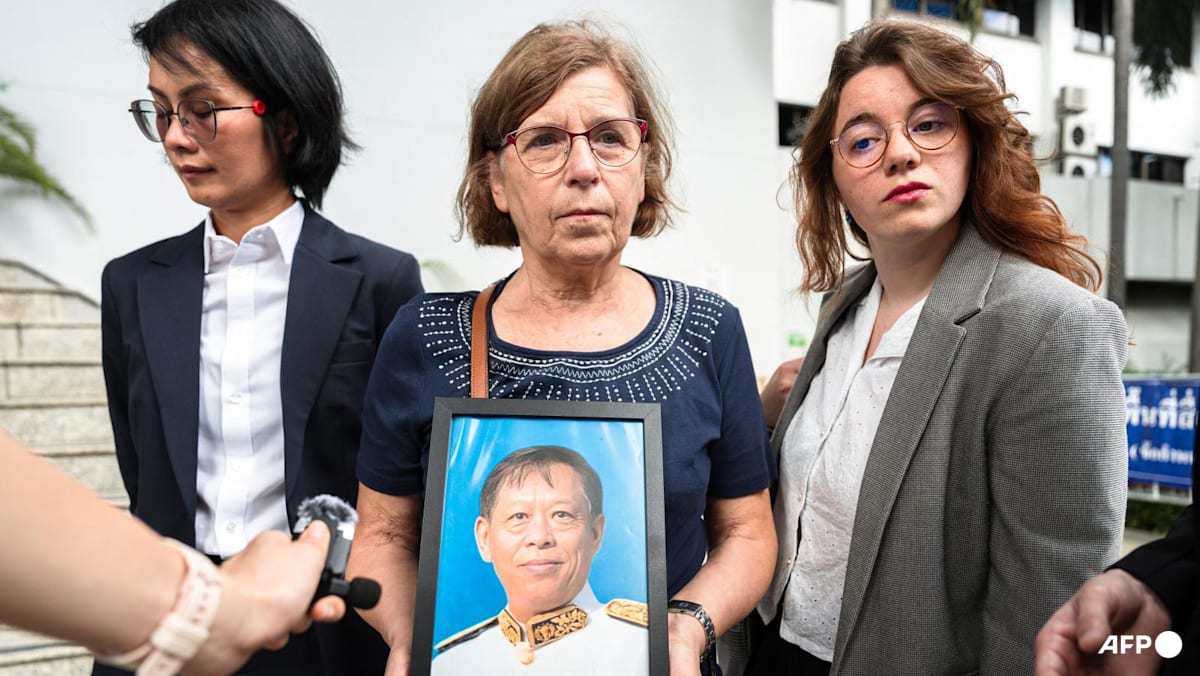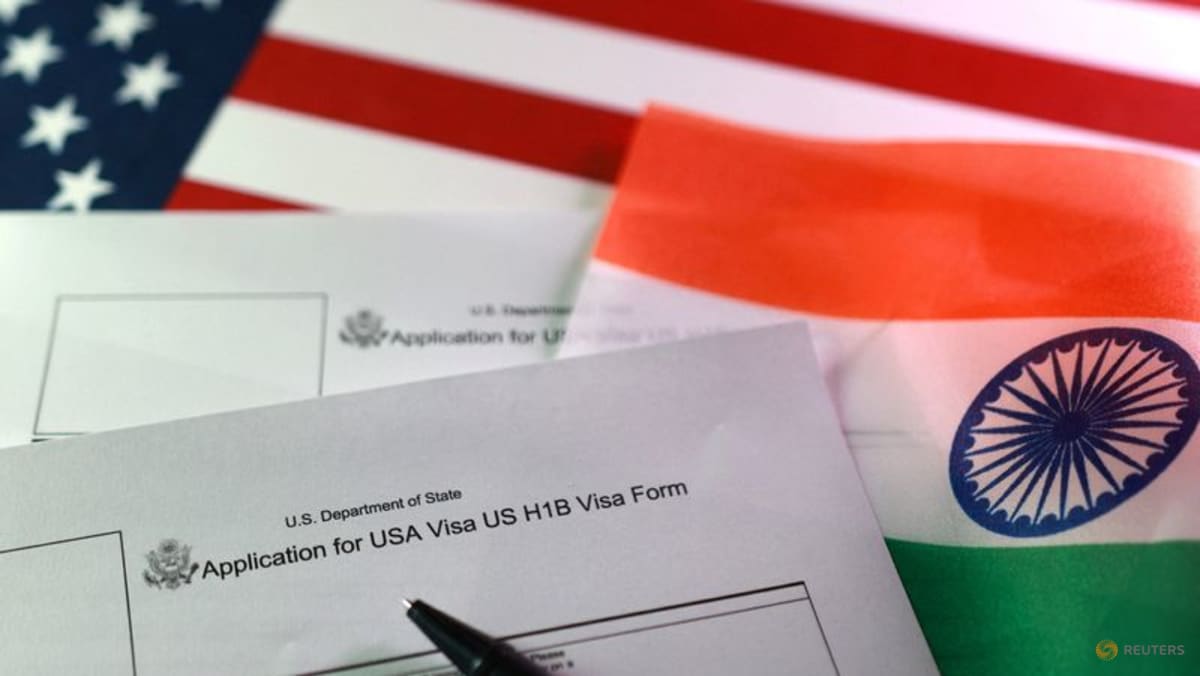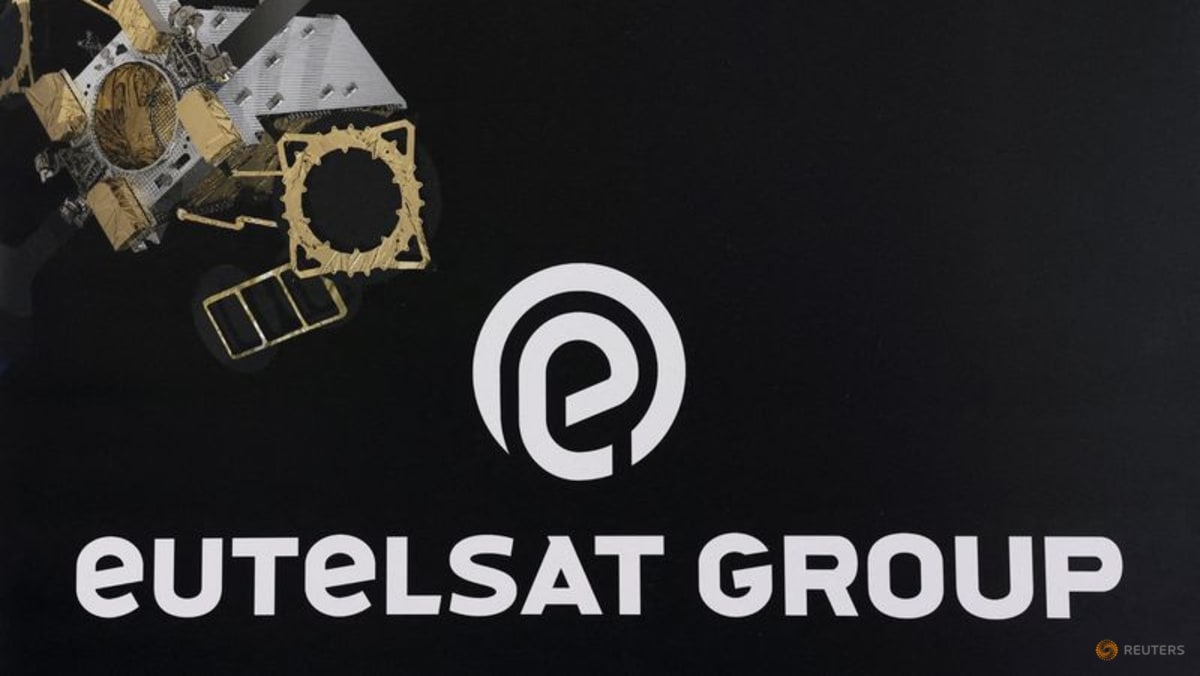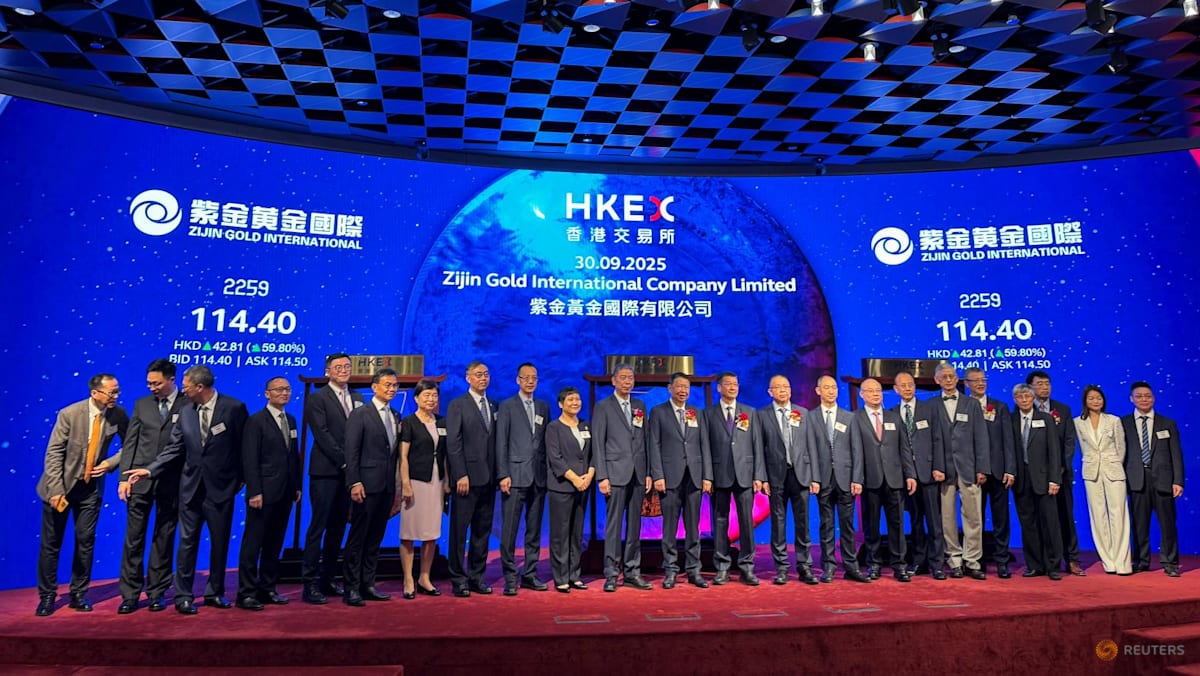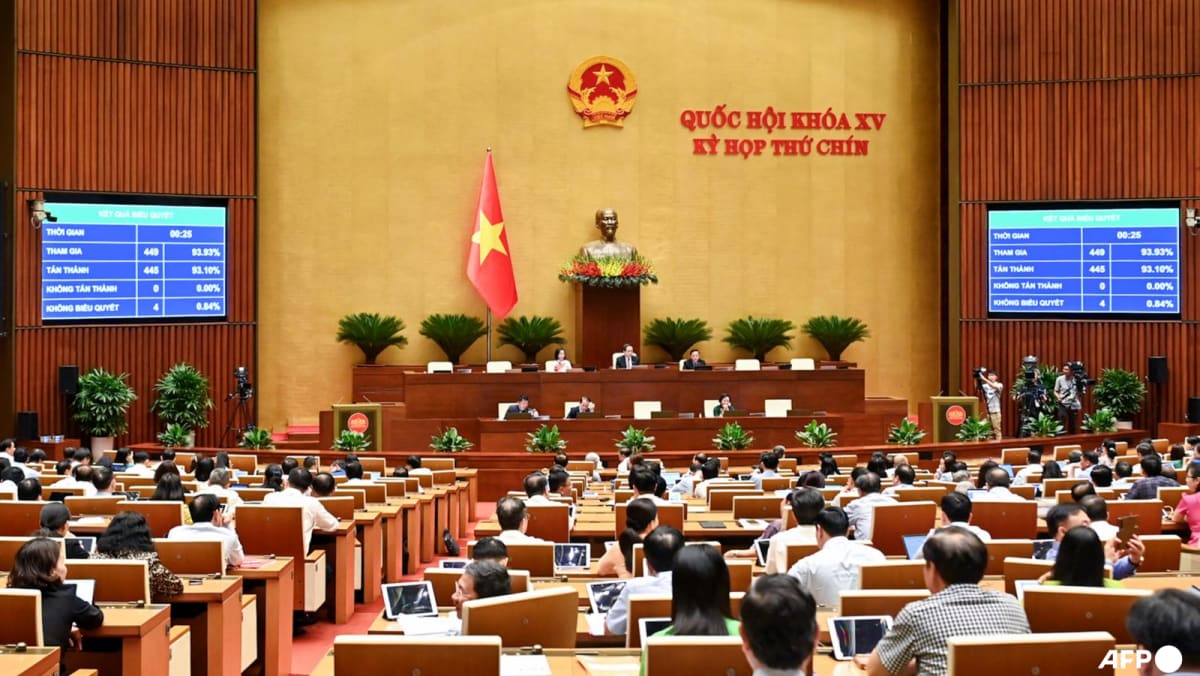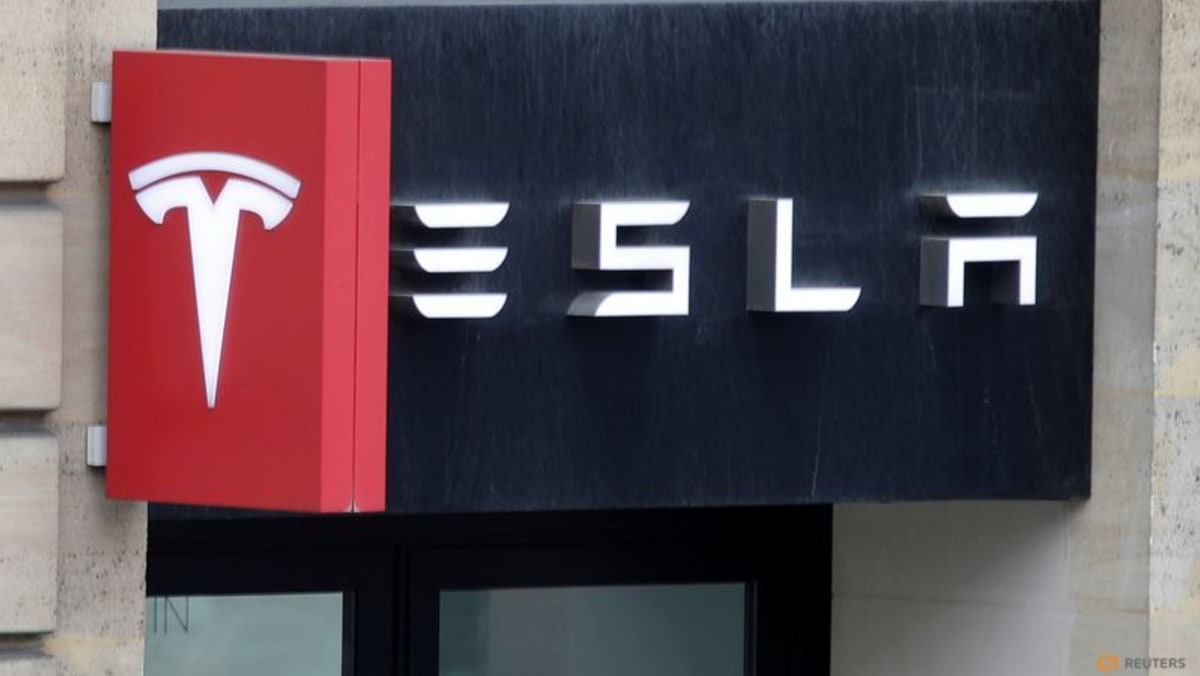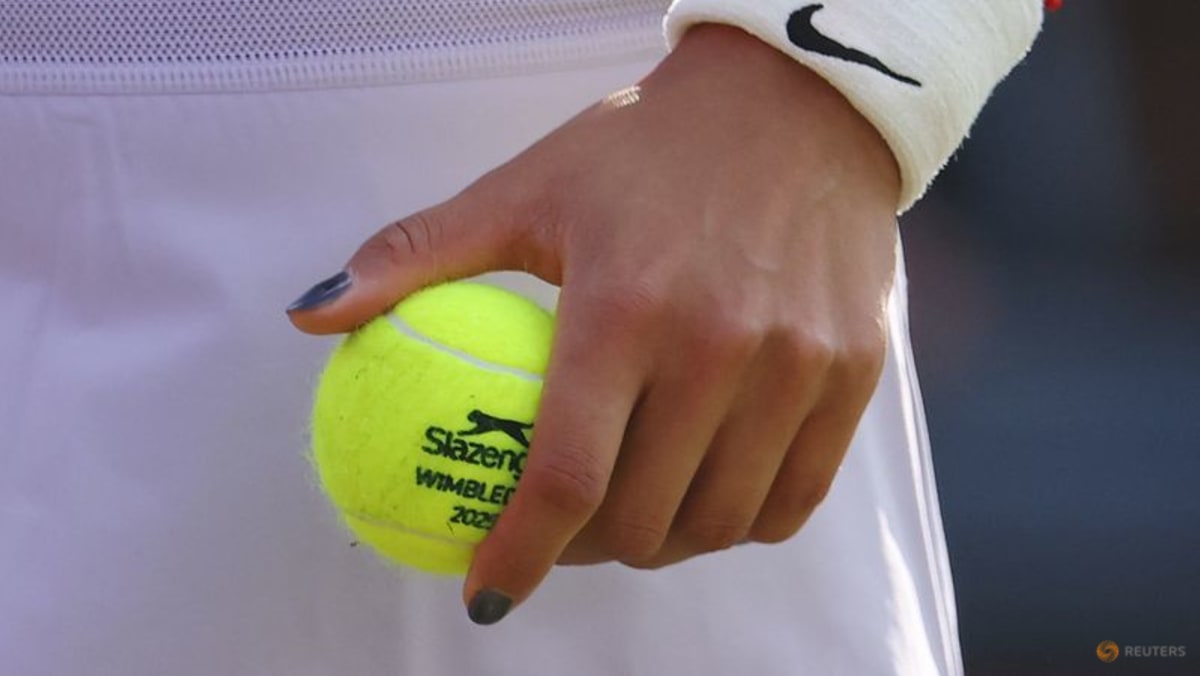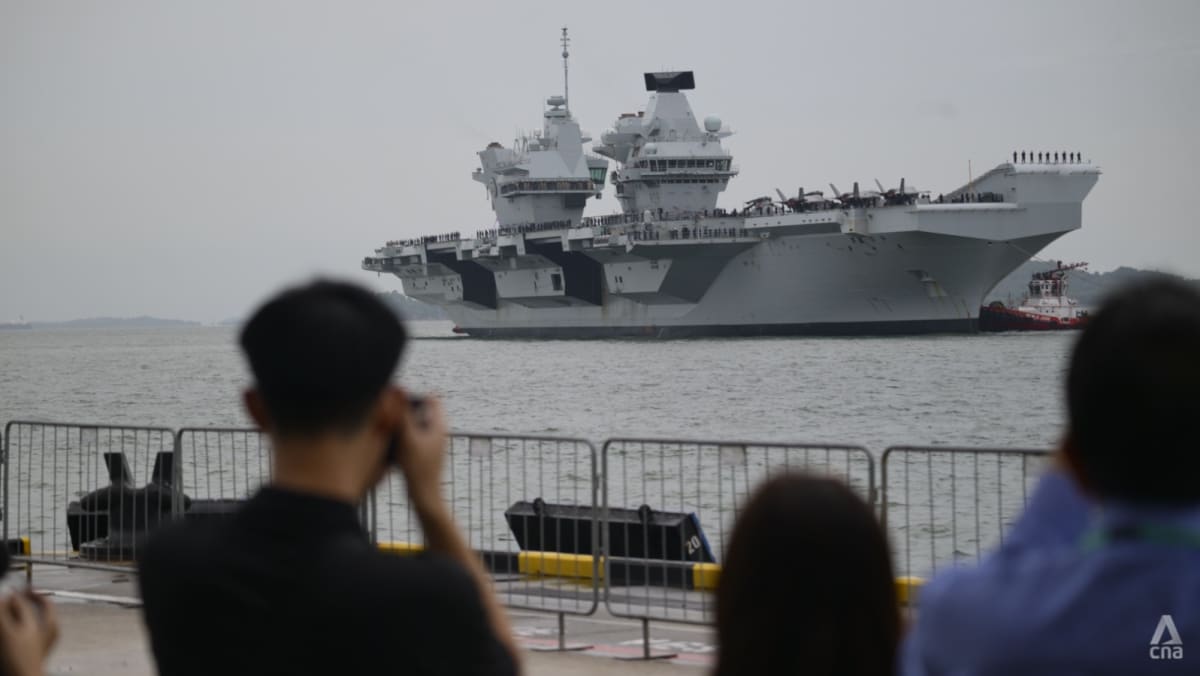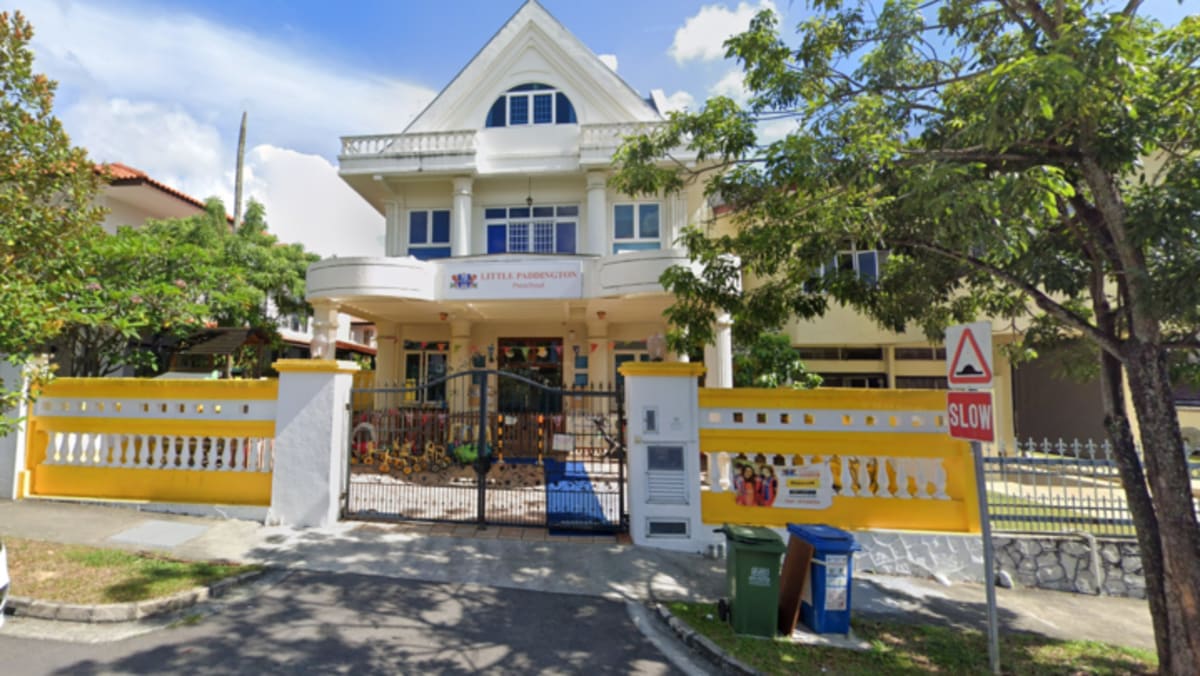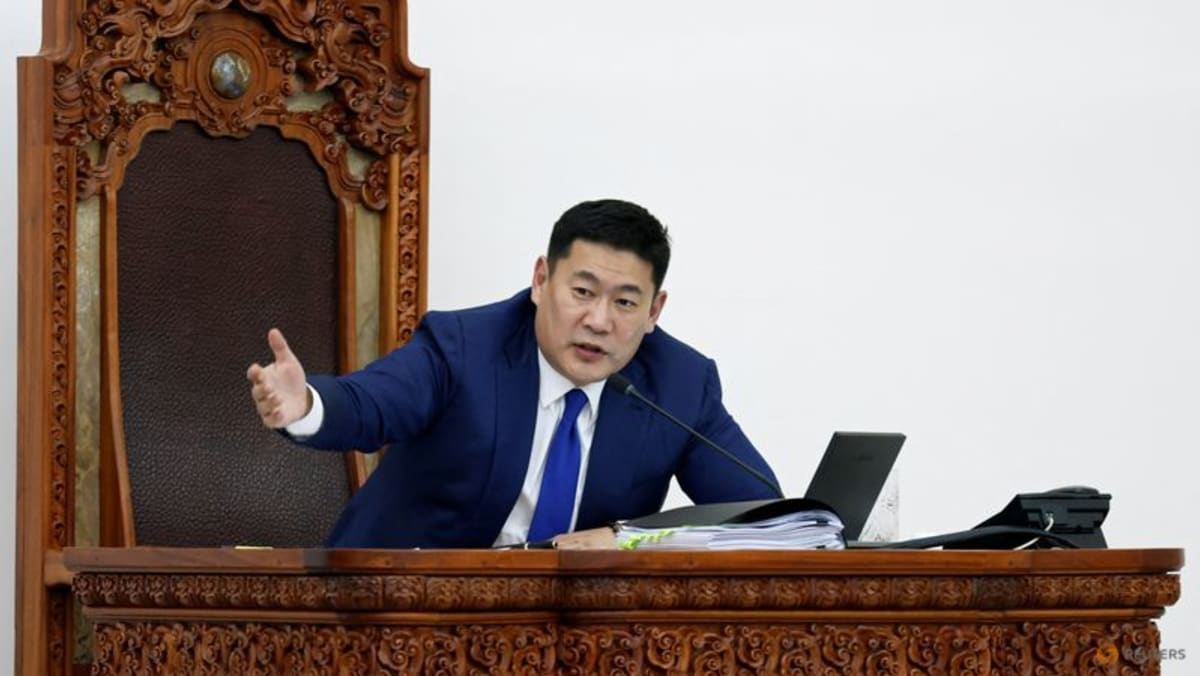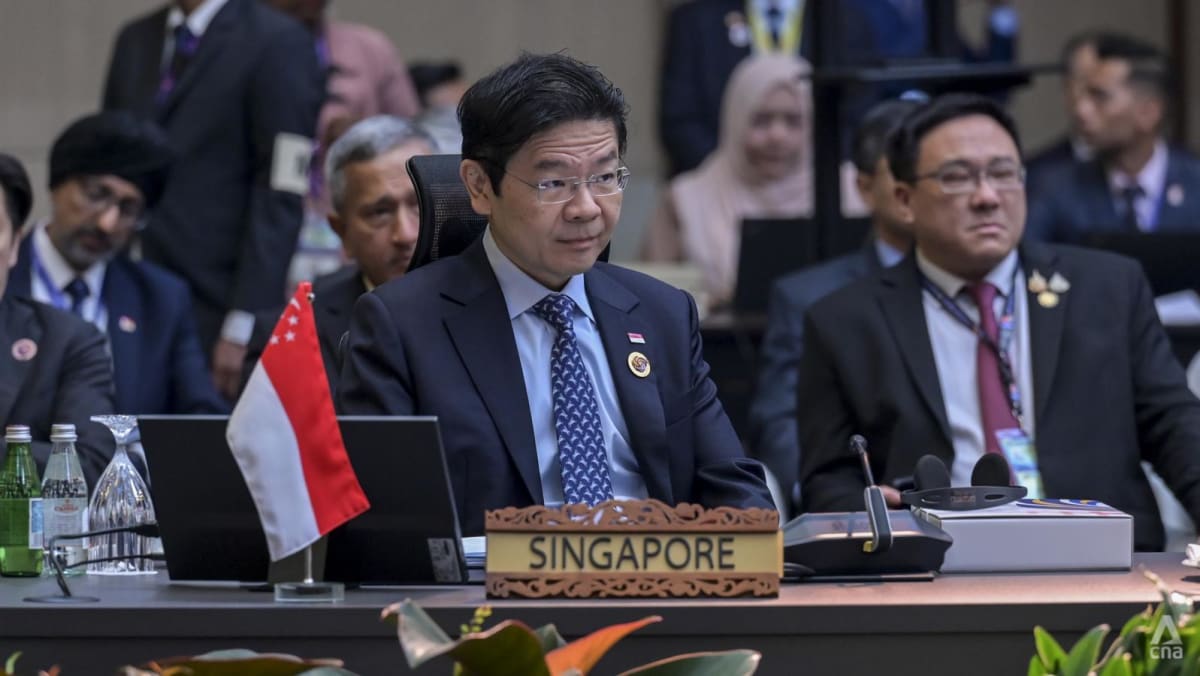SINGAPORE: Temasek’s sustainable living investment portfolio value increased by S$2 billion (US$1.56 billion) in the last financial year, the state-owned investment firm announced on Wednesday (Jul 9).
The S$46 billion portfolio comprised S$39 billion in sustainability-focused investments and S$7 billion in climate transition solutions. This made up 11 per cent of Temasek’s net portfolio value.
This is the second time the investment firm is revealing a sustainability report at the launch of its annual Temasek Review, where it announced S$434 billion in net portfolio value as of Mar 31.
Temasek added S$4 billion of investments to its sustainability portfolio in the last financial year, covering areas including renewable energy, clean energy solutions and low-carbon iron production technology.
Some companies it invested in included France-based renewable energy company Neoen, which it partnered with Canadian fund Brookfield to buy out in May 2024.
It also invested in Sweden-based clean energy solutions provider Aira, as well as United States-based ammonia-to-power solutions provider Amogy and low-carbon iron production technology provider Electra.
Another investment was in India-based SarvaGram, which provides financial and productivity-enhancing solutions to rural households in its country.
This past financial year, as part of its investment in climate transition solutions, Temasek partnered with Energy Capital Partners as well to acquire clean energy transition company Atlantica Sustainable Infrastructure, which is based in the United Kingdom.
Temasek said it has so far reduced net carbon emissions attributable to its portfolio by about 4.55 per cent from 2010 levels.
By 2030, it hopes to halve it from 2010 levels to 11 million tonnes of carbon dioxide equivalent (MtCO2e) and by 2050, to achieve net zero emissions.
The proportion of Temasek’s sustainability investments remained “roughly the same” as the previous year's, its chief investment officer Rohit Sipahimalani said.
Responding to a question about the US pulling back from sustainability efforts under President Donald Trump and whether it would affect Temasek going forward, he said that the firm had stepped up its investments in sustainability in the past year compared to the previous year.
Even in the US, large multinational companies are still “very committed” towards their net zero goals, Mr Rohit added.
“We’re not seeing a change that way from the end demand for moving towards a lower carbon world, moving away from fossil fuels into renewables.”
He also said that Temasek saw significant opportunities to take part in this transition in ways that would be “financially attractive regardless of government subsidies”.
Its chief sustainability officer Park Kyung-Ah said that renewable energy technology, especially solar energy, is the “most competitive” type of energy in most places around the world, and battery storage is on a similar trajectory.
These are also being deployed faster than traditional forms of energy, she added.
“If you look at the total picture, the opportunity sets are quite compelling, despite some of the short-term volatility.”
Singapore Airlines (SIA), Sembcorp Industries, Olam Group, PSA International and ST Telemedia contributed 82 per cent of Temasek's total portfolio emissions – the same five companies as the previous financial year.
In particular, SIA contributed 43 per cent of total portfolio emissions.
The changes in total portfolio emissions throughout the year were mainly attributable to an increase in emissions from SIA, driven by strong demand for air travel and cargo uplift, Temasek said in its report.
The emissions reporting boundaries of other portfolio companies were refined and expanded and these also affected the changes.
These were balanced out by a decrease in emissions from Sembcorp Industries, decarbonisation efforts of some other companies, as well as changes to the composition of Temasek’s portfolio.
In the report, Temasek noted that SIA continues to invest in fuel-efficient aircraft and would be taking delivery of new planes in the coming years. For example, the new A350F freighters are expected to burn up to 40 per cent less fuel compared to its current freighter fleet.

